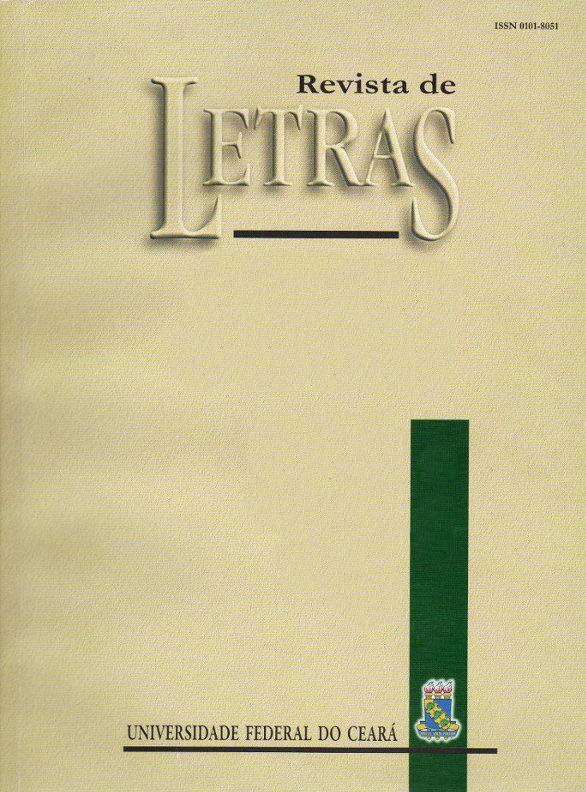The Personal pronouns in the nominative case in Portuguese language textbooks
an analysis
Keywords:
pronomes, ensino, portuguêsAbstract
We investigated, from a sociofunctionalist perspective, the treatment given to personal pronouns in the nominative case in eleven collections of Portuguese Language Textbooks for the Final Years of Elementary School [6th to 9th Grade], approved by the National Textbook and Teaching Material Program (PNLD) (four-year period 2024-2027). We based our work on Labov (2008[1972]), Tarallo (2007), Castilho (2012), Neves (1997, 1999), Givón (1995, 2001), Tavares (2003), Görski and Tavares (2013). Each collection has four volumes, totaling forty-four. Of this total, we analyzed thirteen textbooks based on the elaboration of a script, which integrates the methodology. The results showed that most of the textbooks analyzed directly and/or indirectly address the teaching of personal pronouns in the nominative case, and we proposed some activities that contemplate their functioning, reflection and use in the communicative situation.
Downloads
Downloads
Published
How to Cite
Issue
Section
License
Copyright (c) 2024 Alexandra Araújo, Cileya Neves

This work is licensed under a Creative Commons Attribution 4.0 International License.
Autores que publicam nesta revista concordam com os seguintes termos:- Autores mantêm os direitos autorais e concedem à revista o direito de primeira publicação, com o trabalho simultaneamente licenciado sob a Licença Creative Commons Attribution que permite o compartilhamento do trabalho com reconhecimento da autoria e publicação inicial nesta revista.
- Autores têm autorização para assumir contratos adicionais separadamente, para distribuição não-exclusiva da versão do trabalho publicada nesta revista (ex.: publicar em repositório institucional ou como capítulo de livro), com reconhecimento de autoria e publicação inicial nesta revista.
- Autores têm permissão e são estimulados a publicar e distribuir seu trabalho online (ex.: em repositórios institucionais ou na sua página pessoal) a qualquer ponto antes ou durante o processo editorial, já que isso pode gerar alterações produtivas, bem como aumentar o impacto e a citação do trabalho publicado (Veja O Efeito do Acesso Livre).

.png)





.png)
